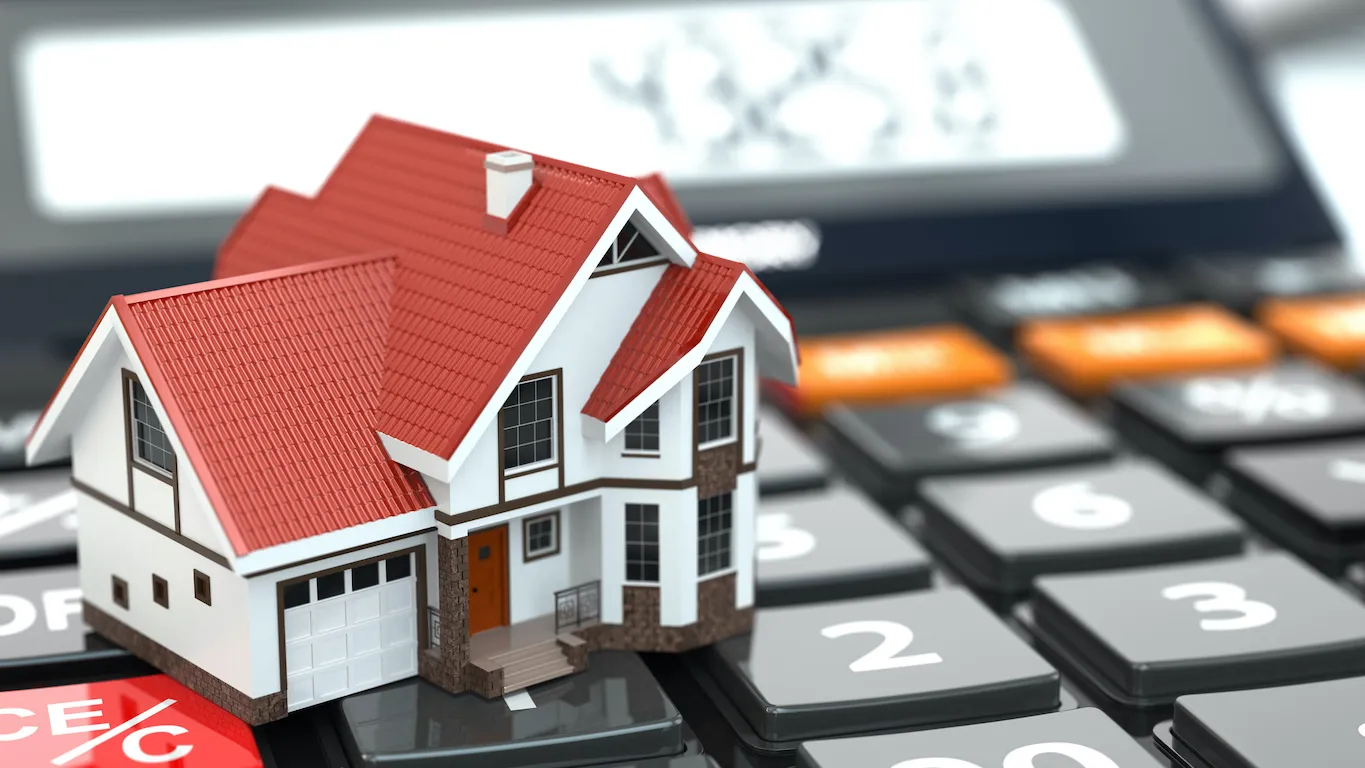2023 Montreal Property Tax Hike: What Homeowners Need to Know
According to the city of Montreal’s budget proposal for 2023 that was released earlier this past
week, residential real estate property taxes are set to rise quite significantly. Change in property
taxes doesn’t come as a surprise to anyone who has been following the housing market in
recent years, as property values are growing all across the country. However, this year’s hike is
high, with an average of a 4.1% increase (the highest we’ve seen since 2011).
Keep reading to find out where your tax dollars are going and how much your bill is likely to
increase by depending on your location.
What You Need to Know About Property Taxes in Montreal
If you own a property in Montreal or are looking to buy one, it’s important to understand how
your property taxes are calculated. Your tax bill is based on the assessed value of your property,
as determined by the city’s assessment department. The city of Montreal conducts assessments
every three years, with the last one taking place in September 2022.*
Your property taxes go towards funding a variety of city services, including public transit, police
and fire protection, snow removal, and parks and recreation facilities. The amount of tax you
pay depends on which borough you live in.
What’s Causing the Property Tax Increase?
As is always the case when property taxes go up, there are a variety of factors at play. First and
foremost, the city is facing significant cost pressures due to the ongoing pandemic, as well as
inflation. With revenues down and expenses up, the city says it has little choice but to raise
taxes in order to balance its books. This hike in taxes helps account for the city’s $300 million
increased spending, which went from $6.46 billion to $6.76 billion. Budget documents show that
property taxes represent about two thirds of the overall increase in taxation, with water taxes,
service taxes, indebtedness taxes, and investment taxes making up the rest.
Montreal has made a number of infrastructure improvements over the past year that have been
partially funded by borrowed money. Now that those projects are complete (or almost complete),
it’s time to start paying down that debt – and once again, property taxes are being used to
finance those repayments.
Finally, as Montreal continues to grow and gentrify, its property values are going up at a faster
pace than other municipalities in Quebec. This means that even though tax rates may not be
increasing, homeowners are still seeing their bills inflate due simply to their homes now being
worth more money.
How Much Will My Taxes Go Up?
The average Montreal homeowner can expect their property taxes to increase by about 4.1%.
The city estimates that for a residence worth $567,000 (the average value for a home in
Montreal), the tax increase will be $164 a year. However, depending on where you live and how much your home is worth, your increase could be significantly higher (or lower). Check out the specific rates below:
- L’Île-Bizard—Sainte-Geneviève (6%)
- Mercier—Hochelaga-Maisonneuve (5.7%)
- Côte-des-Neiges—Notre-Dame-de-Grâce & Pierrefonds-Roxboro (5.4%)
- Anjou (5%)
- Lachine (4.9%)
- Outremont (4.8%)
- Rivière-des-Prairies—Pointe-aux-Trembles (4.6%)
- Villeray—Saint-Michel—Parc-Extension (4.5%)
- Ahuntsic-Cartierville & LaSalle (4.2%)
- Le Sud-Ouest (4%)
- Rosemont—La Petite-Patrie & Le Plateau-Mont-Royal (3.9%)
- Saint-Laurent & Verdun (3.8%)
- Saint-Léonard (3.3%)
- Montréal-Nord (3.2%)
- Ville-Marie (1.7%)
We have a new blog post coming soon about government incentives for different types of
homeowners that might be of use. Please stay tuned.
*Watch this video for further information about how the Montreal property assessment roll
works: https://www.youtube.com/watch?v=5-b197uAP-s&t=18s
**Sources:





